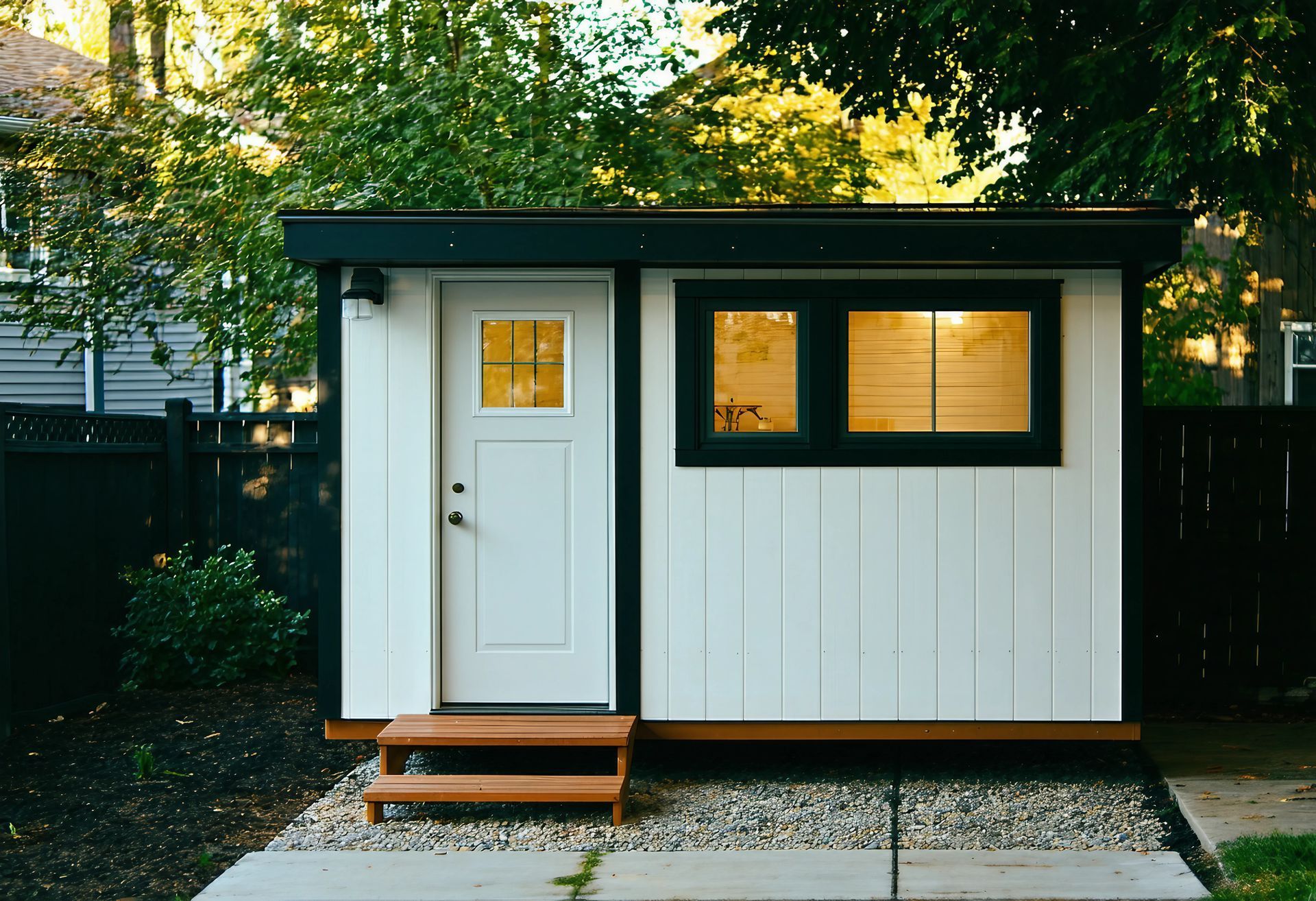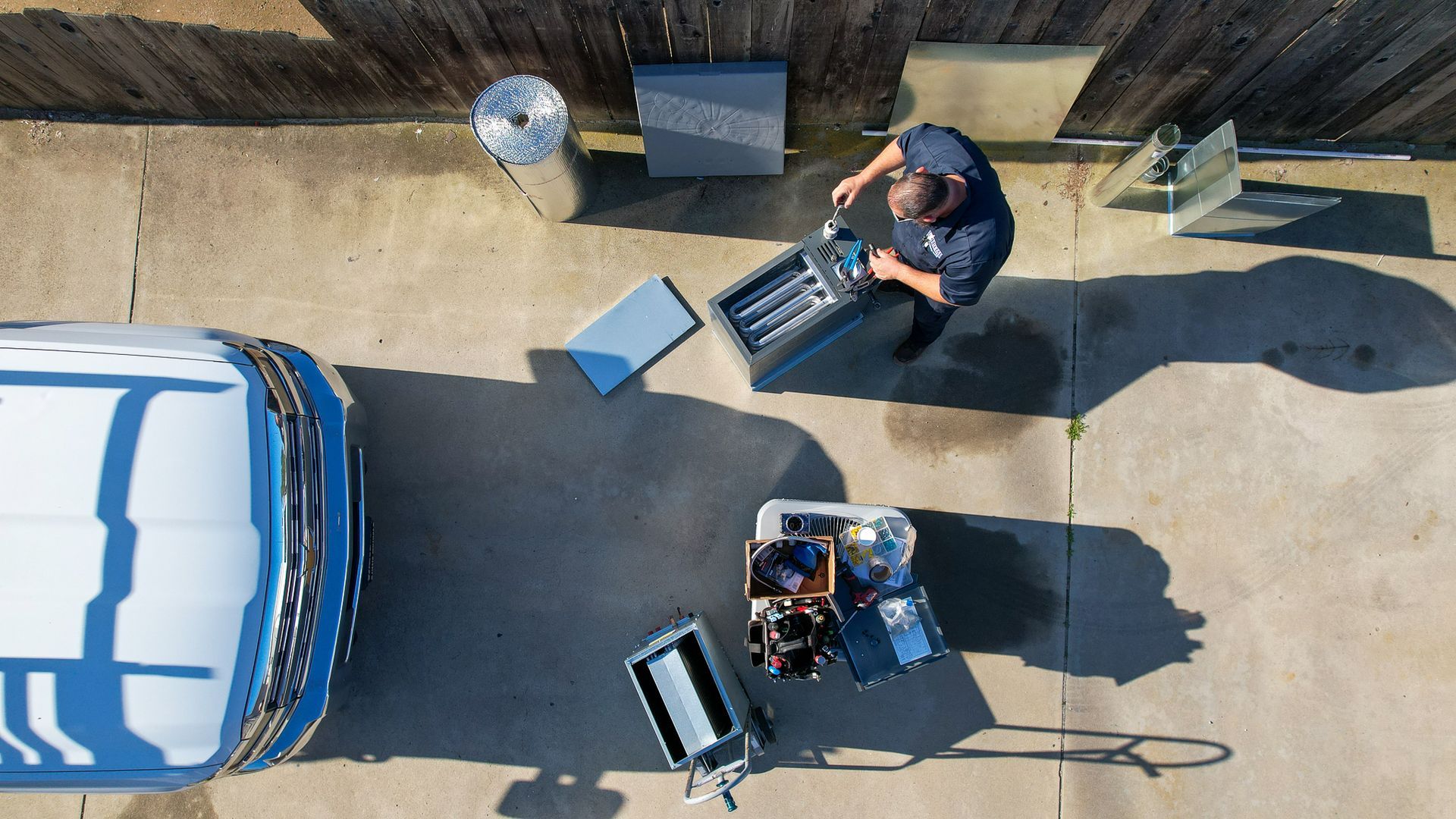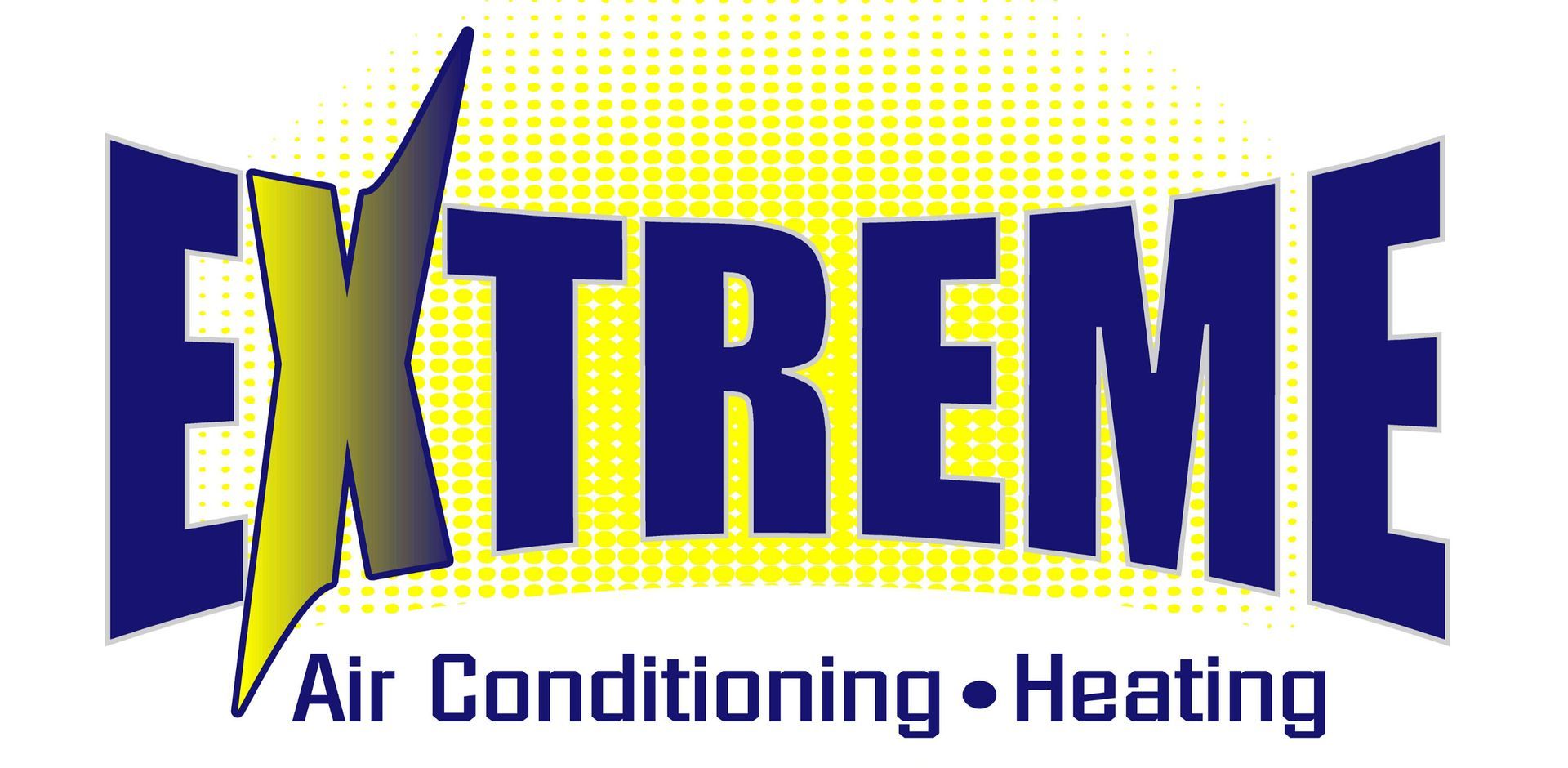The Seasonal Guide to HVAC Care: Preparing for Weather Changes
As the seasons change, so do the demands on your home's HVAC system. Properly preparing your HVAC unit for seasonal shifts ensures optimal performance, extends the lifespan of your system, and can prevent costly repairs. Here’s a comprehensive guide to maintaining your HVAC system throughout the year, ensuring it runs efficiently and effectively, no matter the weather.
Spring Maintenance: Set Up for Cooling
Inspect and Replace Filters
Spring is the perfect time to check and replace your HVAC filters after the heavy usage during winter. Clean filters improve air quality and system efficiency.
Clean Coils and Units
Remove debris from around the outdoor units. Clean the coils to ensure unobstructed airflow and efficient operation. Dirty coils can cause the system to overwork, leading to increased energy costs and potential mechanical failures.
Schedule Professional Maintenance
A professional HVAC technician can perform a detailed inspection and tune-up of your system. This proactive inspection helps prevent summer breakdowns by checking refrigerant levels, testing for leaks, and ensuring all electrical components are in good working order.
Summer Readiness: Optimizing Cooling
Test Your System Early
Before the heat of summer sets in, test your system by running the air conditioner for a few hours. Listen for any unusual noises and monitor for consistent cooling. Address any issues before peak temperatures arrive.
Adjust Your Thermostat
Switch your thermostat to the cooling mode and consider updating its settings to accommodate summer living schedules. Programmable thermostats can increase the temperature when you’re not home to save energy and reduce costs.
Clear Drain Lines
Check the condensate drain line for clogs. Clogs can cause water leaks and increase humidity inside your home. Flushing the line can prevent water-related issues and improve system efficiency.
Fall Preparation: Transitioning to Heating
Check for Air Leaks
Inspect windows and doors for leaks to ensure warm air stays inside and cold air stays out. Sealing leaks can dramatically improve heating efficiency and comfort during colder months.
Reverse Ceiling Fans
Change the direction of ceiling fans to rotate clockwise, which helps push warm air into the room, enhancing energy efficiency.
Heating System Check-Up
Like spring, fall is an ideal time for a professional to inspect and service your heating system. This should include checking the ignition system, examining heating elements or burners, and ensuring the heat exchanger is intact and corrosion-free.
Winterizing AC Units: Protecting Your Investment
Clean and Cover the Outdoor Unit
Remove leaves, dirt, and debris from the outdoor air conditioning units. Covering the unit can protect it from ice and debris accumulation during winter, but ensure the cover is breathable to prevent moisture buildup.
Inspect Insulation
Check the insulation on refrigerant lines leading into your home annually and replace it if worn or damaged to protect from freezing temperatures and energy loss.
Waking Up Your System for Summer
Remove Covers and Check Surroundings
As spring arrives, remove covers from outdoor units and clear any debris or vegetation that may have accumulated around them to ensure airflow is not obstructed.
Check Refrigerant Levels
Low refrigerant levels can reduce the efficiency of your air conditioner. Have a technician check the levels during your spring maintenance visit.
Test the System
Turn on the system before the weather heats up to make sure everything is in working order. This will allow you to address any issues before they become major problems during the summer.
By following these seasonal maintenance tips, you can keep your HVAC system running smoothly all year, ensuring comfortable temperatures and efficient operation regardless of the season. Regular maintenance saves money on energy bills and helps prevent unexpected breakdowns and costly repairs, making it a wise investment for the longevity of your HVAC system.



